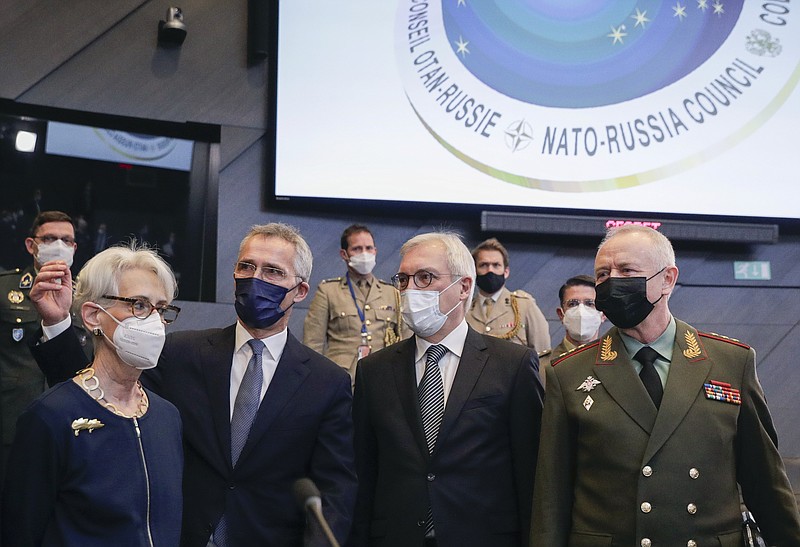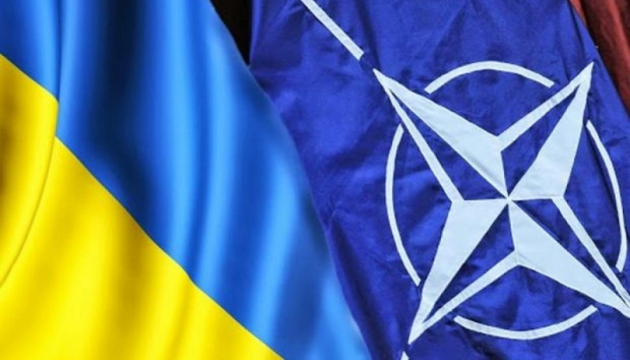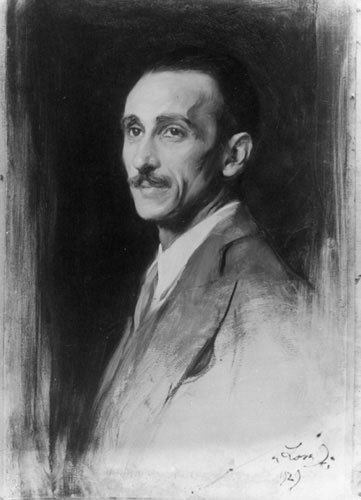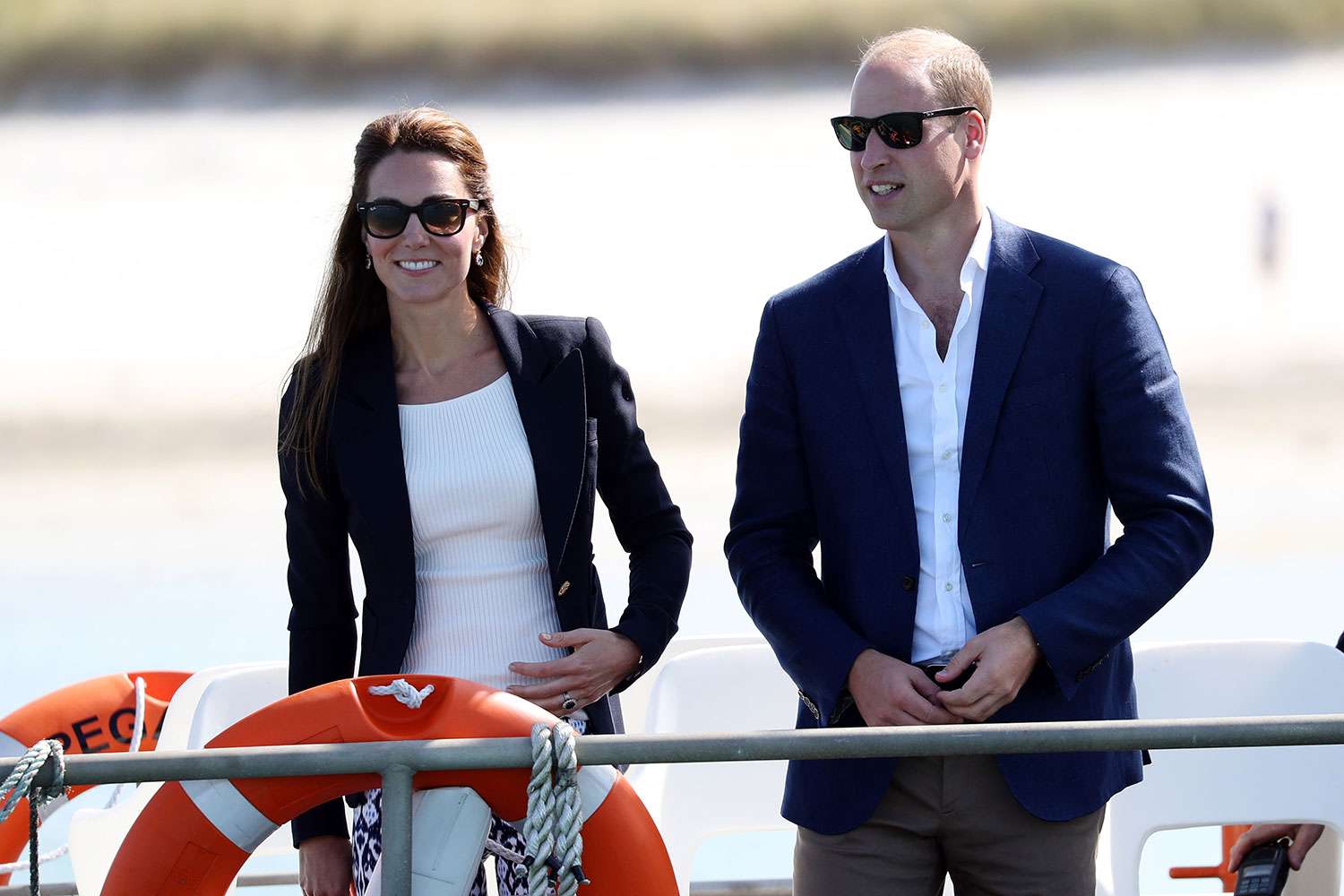Trump's Skepticism Towards Ukraine's NATO Membership: A Deep Dive

Table of Contents
Historical Context of Ukraine-NATO Relations
Ukraine's relationship with NATO has been complex and fraught with challenges. While Ukraine declared its neutrality in 1994 through the Budapest Memorandum, aspirations for closer ties with the West, including eventual NATO membership, have grown stronger over time, particularly following the 2014 Euromaidan revolution and Russia's annexation of Crimea. This shift reflects a desire for enhanced security guarantees against Russian aggression.
- 1994: Budapest Memorandum on Security Assurances signed, where Ukraine relinquished its nuclear arsenal in exchange for security guarantees from Russia, the US, and the UK.
- 2008: NATO Bucharest Summit declares that Ukraine (and Georgia) will eventually become members, though without a concrete timeline.
- 2014: Following the Euromaidan revolution and Russia's annexation of Crimea, Ukraine's desire for NATO membership intensified.
- 2022: Russia's full-scale invasion of Ukraine further underscores the importance of security guarantees for Ukraine, strengthening its case for NATO membership.
Past US administrations, while not always explicitly endorsing a rapid NATO expansion to include Ukraine, generally acknowledged Ukraine's aspirations and supported its integration with Euro-Atlantic structures. However, the level of commitment and the speed of this process varied.
Trump's Stated Reasons for Opposing Ukraine's NATO Membership
Trump's position on Ukraine's NATO membership was marked by consistent skepticism and reluctance. He voiced concerns across several key areas:
- Burden-Sharing: Trump repeatedly criticized NATO allies for not contributing their fair share to collective defense, suggesting that admitting Ukraine would further strain the alliance's finances and burden US taxpayers. He often stated this in tweets and public speeches.
- Corruption Allegations: Trump frequently highlighted allegations of corruption within the Ukrainian government, questioning its readiness for NATO membership and implying that Ukraine was not a reliable partner. His administration's withholding of military aid in 2019, later a focus of impeachment proceedings, fueled this skepticism.
- Focus on Domestic Policy: Trump prioritized a "America First" foreign policy, often suggesting that involvement in international affairs, including NATO expansion, diverted resources from domestic priorities.
These concerns, whether valid or strategically motivated, consistently underpinned his opposition to Ukraine's NATO aspirations. His actions, such as publicly questioning the alliance's value and his reluctance to firmly support Ukraine against Russian aggression, demonstrated a clear departure from previous US presidential approaches.
Geopolitical Implications of Trump's Skepticism
Trump's skepticism had significant geopolitical consequences:
- Ukraine's Security Situation: His reluctance to firmly support Ukraine's NATO aspirations emboldened Russia, contributing to the deteriorating security situation in Eastern Europe. This lack of clear US backing left Ukraine more vulnerable to Russian aggression.
- NATO's Cohesion and Credibility: Trump's criticism of NATO and his questioning of the alliance's value weakened its cohesion and credibility. His wavering support for collective defense undermined the organization's central purpose.
- US-Russia Relations: While Trump sought to improve relations with Russia, his ambivalent stance on Ukraine's NATO membership ultimately failed to achieve a significant breakthrough and potentially emboldened Russian actions.
- Balance of Power in Eastern Europe: Trump's actions disrupted the established balance of power in Eastern Europe, creating uncertainty and potentially encouraging further Russian expansionism.
Comparison with Other Presidential Stances on Ukraine and NATO
Compared to previous administrations, Trump’s approach stands out:
- Obama Administration: While the Obama administration did not offer a concrete timeline for Ukrainian NATO membership, it supported Ukraine's Euro-Atlantic aspirations and provided significant assistance in areas such as military training and reform.
- Biden Administration: The Biden administration has taken a significantly stronger stance in support of Ukraine's sovereignty and territorial integrity, providing substantial military and financial aid, and strongly condemning the Russian invasion. While not guaranteeing immediate membership, the Biden administration's approach is far more supportive of Ukraine's NATO ambitions than Trump's.
The contrasting approaches highlight the evolution (and occasional regression) of US policy toward Ukraine and NATO expansion, with Trump's stance representing a notable departure from the generally supportive trend of previous administrations.
The Future of Ukraine's NATO Aspirations
The future of Ukraine's NATO aspirations is uncertain but intricately linked to the ongoing war with Russia. Currently, Ukraine's focus is understandably on repelling the Russian invasion and securing its own survival. However, NATO membership remains a long-term strategic goal.
- NATO Allies' Perspectives: Many NATO allies strongly support Ukraine's eventual membership, recognizing its strategic importance and the need to deter further Russian aggression. However, concerns remain about the potential for further escalation with Russia.
- Ukraine's Government: The Ukrainian government consistently emphasizes its desire to join NATO, seeing it as a crucial step toward ensuring long-term security and stability.
- Russia's Perspective: Russia vehemently opposes Ukraine's NATO membership, viewing it as a direct threat to its own security interests. This opposition remains a major obstacle to Ukraine's aspirations.
Possible future scenarios range from accelerated integration after the war’s conclusion to a prolonged period of uncertainty, depending on the outcome of the conflict and the evolving geopolitical landscape.
Conclusion
Trump's skepticism towards Ukraine's NATO membership significantly impacted the geopolitical landscape, creating uncertainty and potentially emboldening Russia. His stated reasons, ranging from burden-sharing concerns to corruption allegations, contrasted sharply with the generally supportive stance of previous US administrations. Understanding Trump's skepticism is crucial for comprehending the current complexities surrounding Ukraine's relationship with NATO and the ongoing debates surrounding its future membership. Continue your research and engage in informed discussions to deepen your understanding of this critical issue.

Featured Posts
-
 California Economy Fourth Largest Globally Outpacing Japan
Apr 26, 2025
California Economy Fourth Largest Globally Outpacing Japan
Apr 26, 2025 -
 Analyzing Trumps Statement Will Ukraine Ever Join Nato
Apr 26, 2025
Analyzing Trumps Statement Will Ukraine Ever Join Nato
Apr 26, 2025 -
 Is Ahmed Hassanein On Track To Be The First Egyptian In The Nfl Draft
Apr 26, 2025
Is Ahmed Hassanein On Track To Be The First Egyptian In The Nfl Draft
Apr 26, 2025 -
 Floridas Charm A Cnn Anchors Favorite Vacation Spot
Apr 26, 2025
Floridas Charm A Cnn Anchors Favorite Vacation Spot
Apr 26, 2025 -
 A Side Hustle Access To Elon Musks Private Company Stakes
Apr 26, 2025
A Side Hustle Access To Elon Musks Private Company Stakes
Apr 26, 2025
